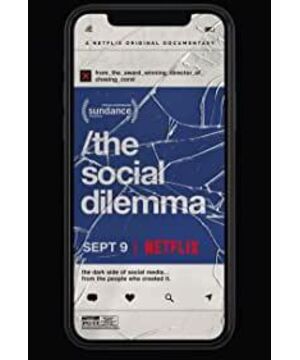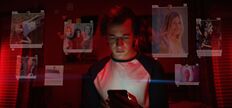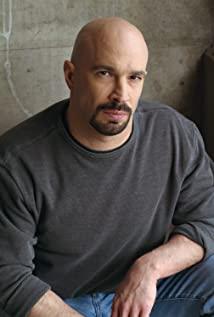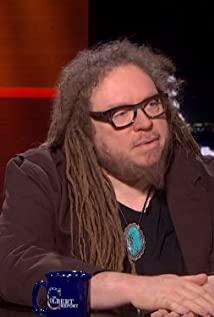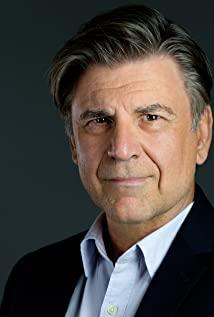When chatting with friends about Foucault, she found this film and took time to watch it while traveling. It's been a long time since I watched a documentary, is this the way it is shot now? interesting. But "Social Dilemma" translated as "surveillance capitalism" is boring.
An intuitive feeling I have had for a long time: no need to be implanted in the body, mobile smart terminals have become a new organ for everyone, and human beings are continuing to evolve in this form.
The film is of course more profound, and it explains the role of social media algorithms in both micro and macro aspects: 1. Algorithms are subtly controlling and changing the thinking mode of individuals, and the changes of each individual human being can be seen as a whole. It is a population-based evolution (degeneration?); 2. Algorithms are gradually eroding the basic operating rules of human society. Internet social media can promote human beings to achieve wider dialogue and deeper communication, but it intentionally or unintentionally makes individual Imprisoned in the information cocoon, inciting contradictions, deepening dissent, hindering negotiations, and tearing society apart.
The film also recalls the original intention of social media algorithm design. Their original design purpose was not to "control" or "incite", but due to the requirements and restrictions of the profit model (selling advertising), the algorithm gradually "degenerates", and the technology is no longer human-oriented. Therefore, the fundamental cause of technological alienation of people is still the profit-seeking nature of capital. In the final analysis, it is still the alienation of capital from people.
The few specific suggestions given when the credits are broadcast at the end of the credits are highly actionable. In the past few years, I still had the energy to fight a little bit. During the holiday months, I would completely shut down social media for peace and quiet, and now I have surrendered. However, after watching this film, I still deleted some notifications of software to close several programs.
One more sentence: One of the myths in my junior high school days: What is the relationship between "capital" and "power"? Later, it suddenly dawned on me that the two are basically the same thing, an existence that allows people to achieve domination and control. So translating the title of the film as "surveillance capitalism" seems too narrow, and of course it is appropriate based on the content of the film.
Capital corrupts technology and alienates people, and power is doing the same thing, so we are both visibly monitored and controlled by authoritarianism, but also seduced and teased invisible by capital. It's quite romantic to have someone know and resist.
View more about The Social Dilemma reviews


